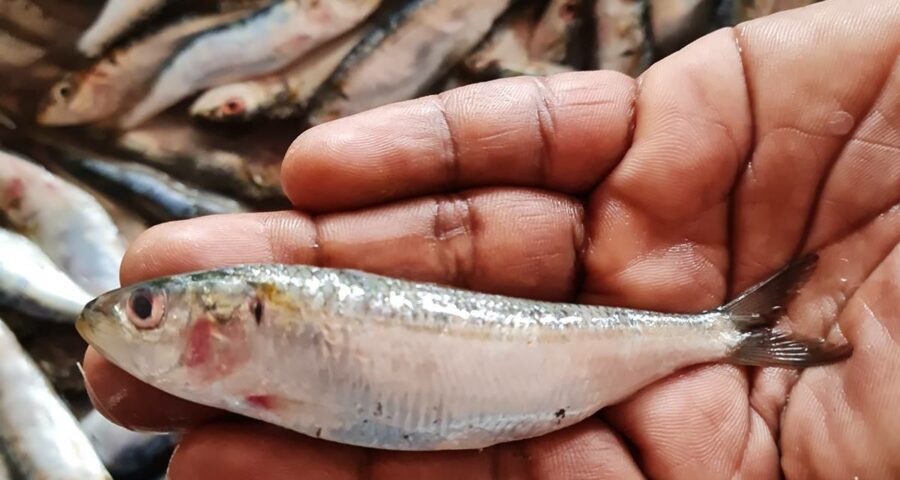CMFRI researchers have warned fishers from catching these stocks now as it would have an adverse effect on the revival of the fish.
After years of low yield of Indian oil sardines along the Kerala coast, researchers at the Central Marine Fisheries Research Institute (CMFRI) have said that the staple fish of the state seems to be on a path of revival.
Thanks to favourable conditions in the marine ecosystem, scattered batches of immature sardines have been located along the state’s coast.
But there’s a catch. CMFRI researchers have warned fishers from catching these stocks now as it would have an adverse effect on the revival of the fish. The current batch of sardines located along the coast have an average size of 14-16 cms and hence yet to achieve the reproductive stage. In order to attain full maturity, they require another three or more months.
“Considering this unusual and unfavourable status of the stock, we advise not to catch these sardines even though they fall above the Minimum Legal Size (MLS) of 10 cm”, said Dr E M Abdussamad, Principal Scientist of CMFRI who led the study, in a statement.
Studies have shown that the spawning stock biomass of sardines along the Kerala coast is meagre. Hence, indiscriminate fishing in this period would be disastrous for the future of the species. The findings have been relayed to state fisheries minister J Mercykutty Amma.
Barring a slight increase in the fish’s catch in 2017, there has been a general decline of oil sardines along Kerala. In fact, the catch last year — 44,320t — was the lowest in the last two decades.
According to CMFRI, unfavourable conditions in the ocean ecosystem following the phenomenon of El Nino led to fluctuations in the yield of oil sardine.
Oil sardine, known as ‘matthi’ in Malayalam, is Kerala’s fish favourite variety and integral to the cuisine of the state as well as to the livelihood of the state’s fishers. Last year, a decline of 39% in the catch of the fish was reported with the Indian mackerel displacing the oil sardine at the top of fish landings in the state.
Source: Read Full Article


